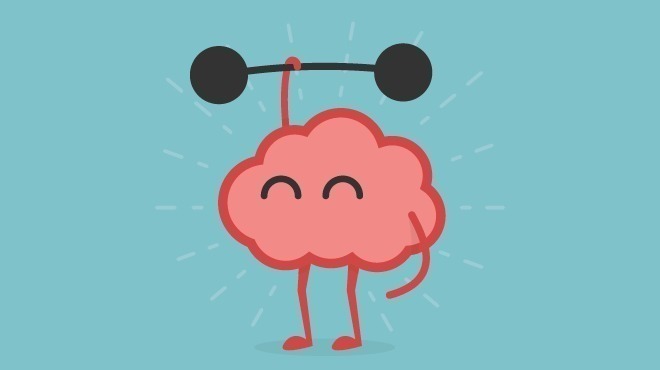Posts Tagged ‘cognitive-intervention’
Study: A combined cognitive-physical training approach may enhance both mind and body as we age
A combined cognitive and fitness training helps restore older adults’ attention abilities to young adult levels (PsyPost): A new study found promising results for a combined physical fitness and cognitive intervention designed to enhance neuroplasticity in older adults. Using a motion-capture video game, the intervention appeared to remediate age-related declines in attention. The findings were…
Read MoreFrom Scientific Learning to Dakim
Two interesting company press releases, one yesterday one today, showing how cognitive interventions may be helpful no matter our age, from kids to seniors, as long as we understand what those “tools” are supposed to do and don’t expect, or are promised, miracles: Dakim® , Inc. Secures $10.6 Million Series C Funding Led by Galen…
Read MoreBrain Training: No Magic Bullet, Yet Useful Tool. Interview with Elizabeth Zelinski
Sharon Begley, Newsweek’s science reporter, recently wrote that — “With the nation’s 78 million baby boomers approaching the age of those dreaded ‘“where did I leave my keys?” moments, it’s no wonder the market for computer-based brain training has shot up from essentially zero in 2005 to $80 million this year, according to the consulting…
Read MoreBrain Coach Answers: How can I improve my short term memory? Is there a daily exercise I can do to improve it?
The most important component of memory is attention. Elaboration and repetition are the most common ways of creating that personal interaction. Daily repetition of activities can improve short term memory.
Read More
